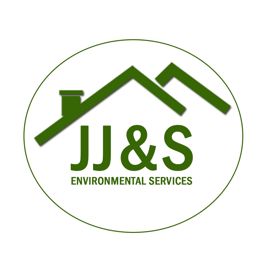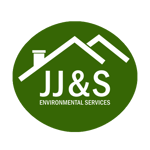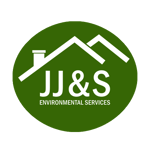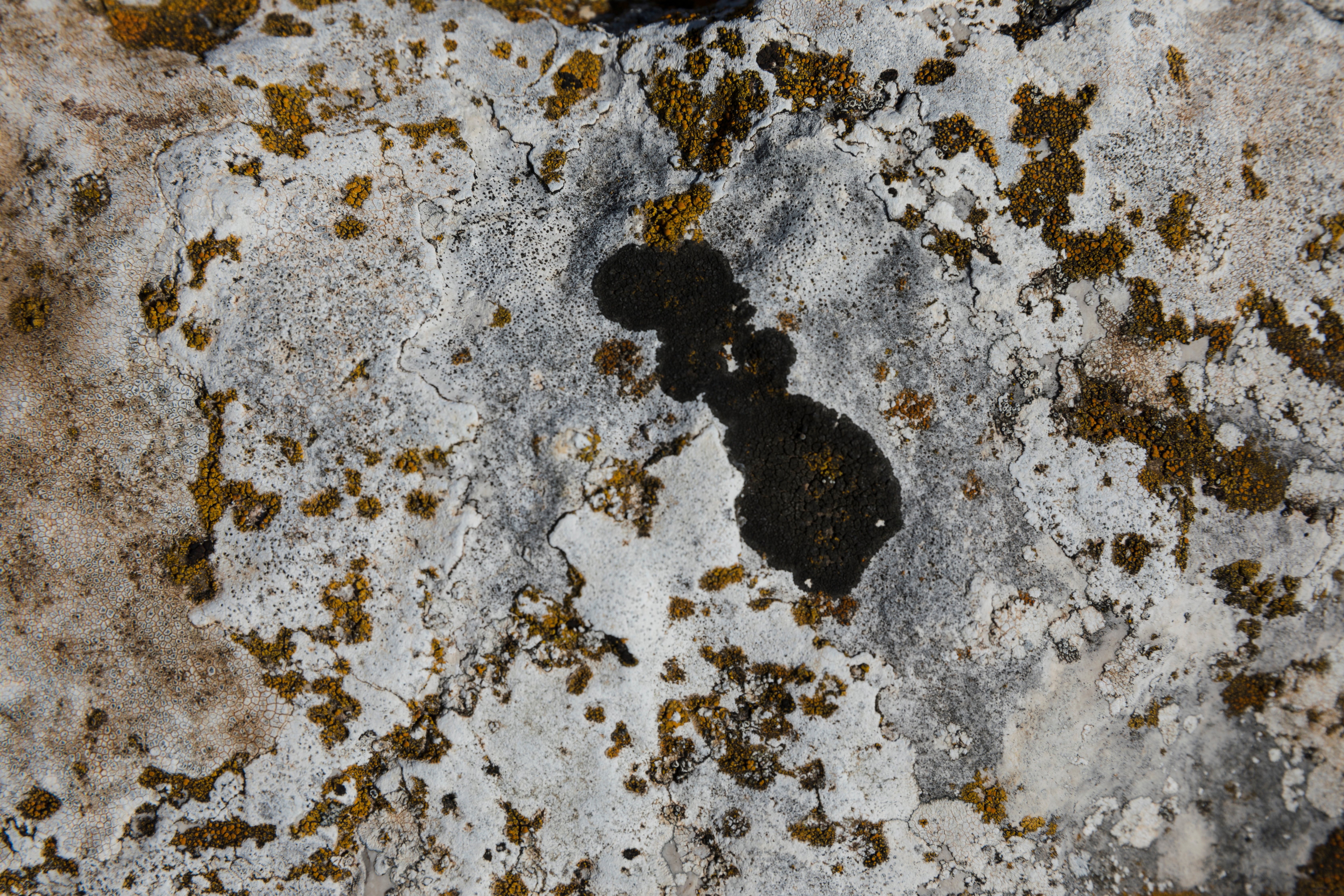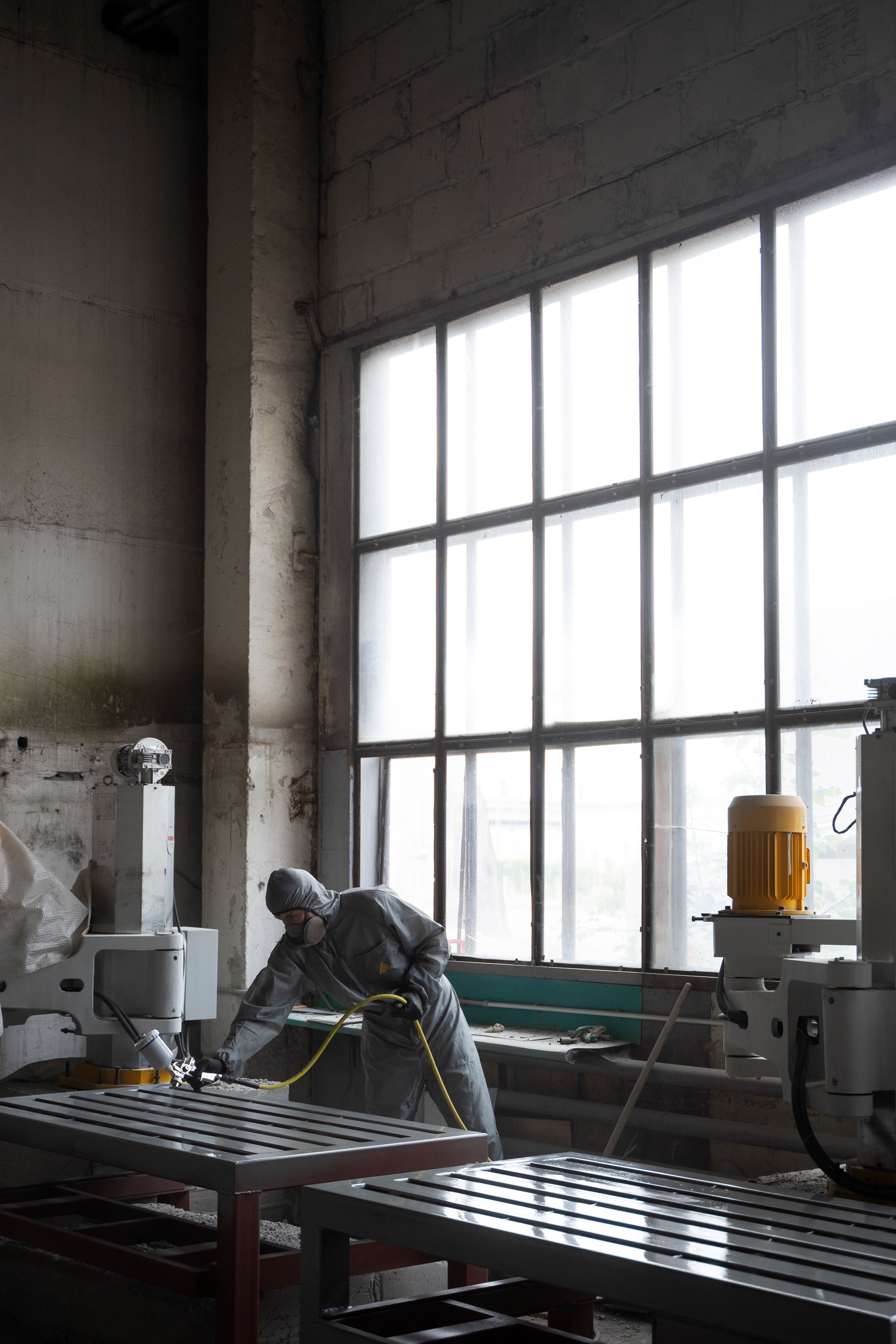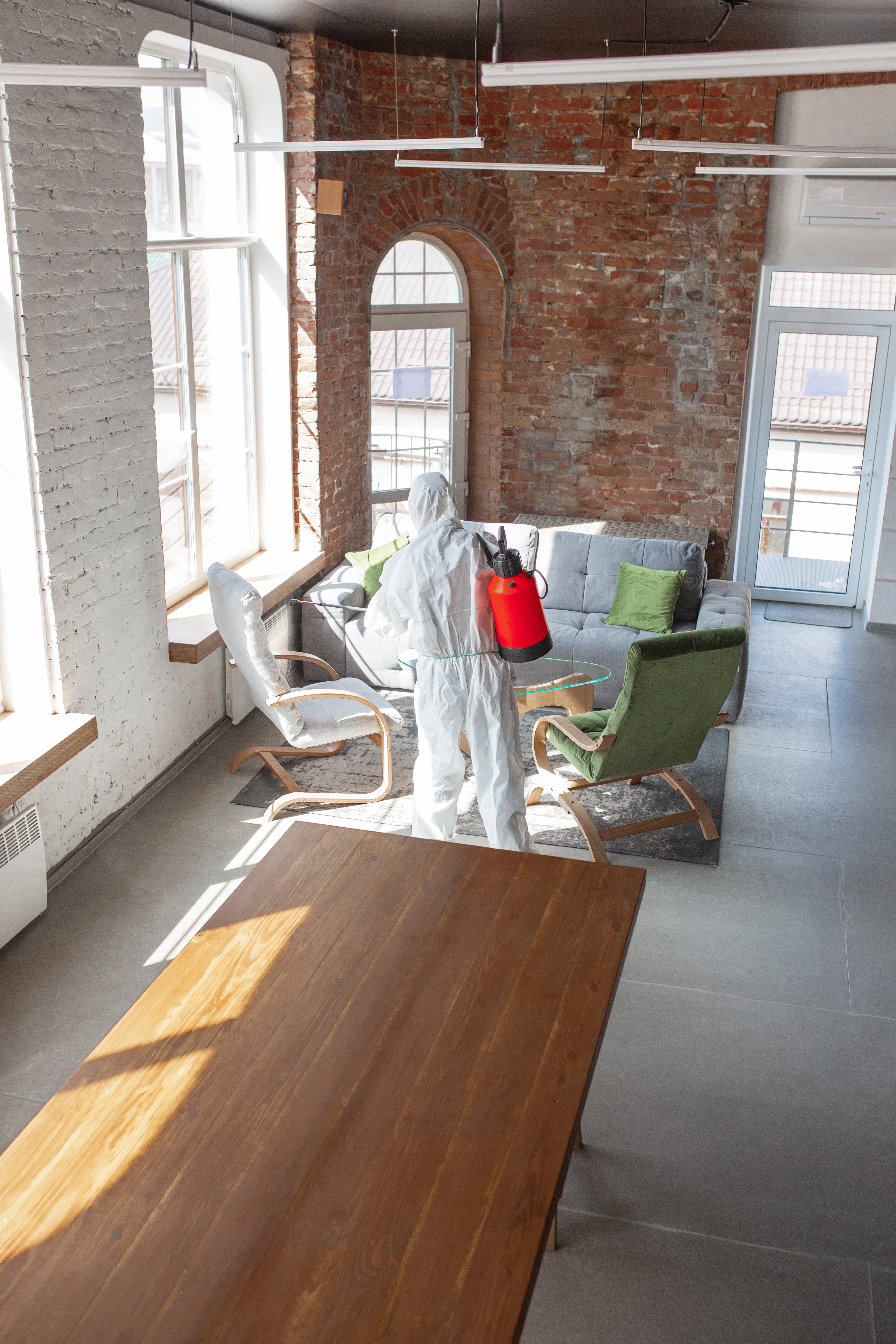Can Mold Really Cause Cancer? Don't Miss This Key Information
Can Mold Really Cause Cancer? Don't Miss This Key Information
Have you ever noticed a musty smell in your home or spotted some unsightly mold in the corner of your bathroom? You're not alone. According to the Environmental Protection Agency (EPA), 30-50% of all structures in the United States have damp conditions that may encourage mold growth. Mold is a common issue in many households, but it can be more than just an eyesore. Some people wonder: can mold really cause cancer? This question is critical for homeowners, restoration companies, and property managers alike. Let's dive into the facts and find out if your home could be a silent killer.
Understanding mold
What is mold?
Mold is a type of fungus that thrives in damp, humid conditions. It spreads by releasing tiny spores into the air, which can settle on surfaces and grow if the environment is right. Mold can appear in various colors, including black, green, white, and brown, and often has a fuzzy texture.
Common Types of Mold
While there are thousands of types of mold, some of the most common ones found in homes include:
- Stachybotrys chartarum: Also known as black mold, it grows on materials with high cellulose content, like wood and paper.
- Aspergillus: Commonly found indoors, it can grow on a variety of surfaces.
- Penicillium: Known for its blue-green color, it often appears on food and in water-damaged buildings.
Health Implications of Mold
Mold exposure can lead to a variety of health issues, particularly for those with allergies, asthma, or weakened immune systems. Common symptoms include coughing, sneezing, itchy eyes, and skin irritation. In severe cases, mold exposure can cause more serious respiratory problems.
Mold and Cancer - Separating Fact from Fiction
Current Research Findings
So, can mold really cause cancer? The short answer is that there is no direct evidence linking mold exposure to cancer. However, mold can lead to other health conditions that might increase cancer risk indirectly.
According to the Centers for Disease Control and Prevention (CDC), mold exposure is primarily associated with respiratory issues, not cancer. The CDC states, "There is no evidence that molds cause infections other than some superficial infections."
Mycotoxins and Health Risks
Some molds produce mycotoxins, which are toxic substances that can have serious health effects. Mycotoxins have been linked to various health problems, including immune system suppression and respiratory issues. While mycotoxins can be harmful, their link to cancer in humans is still not well-established.
Expert Opinions
Dr. David Seitz, a board-certified physician, explains, "While mold itself isn't directly linked to cancer, the health issues it causes, such as chronic respiratory problems, could potentially lead to more severe health complications over time."
Identifying Mold in Your Home
Signs of Mold Presence
Mold can be sneaky. It often hides in places you might not immediately notice. Here are some signs that you might have a mold problem:
-
Visible Mold: Spots of black, green, or white growth on walls, ceilings, or floors.
-
Musty Odor: A persistent, earthy smell, especially in damp areas like basements or bathrooms.
-
Water Damage: Discoloration or staining on walls and ceilings, or peeling paint and wallpaper.
High-Risk Areas
Mold thrives in moist environments. Common high-risk areas in your home include:
-
Bathrooms: Especially around showers, bathtubs, and sinks.
-
Basements: Often damp and poorly ventilated.
-
Kitchens: Under sinks and around leaky appliances.
-
Attics: Can become moist from roof leaks.
Health Risks of Mold Exposure
Short-term Effects
Short-term mold exposure can cause a range of symptoms, particularly in individuals who are sensitive to mold. These symptoms include:
-
Allergic Reactions: Sneezing, runny nose, and itchy eyes.
-
Asthma Attacks: Mold spores can trigger asthma symptoms in those with the condition.
-
Respiratory Issues: Coughing, wheezing, and shortness of breath.
Long-term Effects
Prolonged mold exposure can lead to more serious health issues. Chronic exposure can cause:
-
Hypersensitivity Pneumonitis: An inflammation of the lungs caused by an immune response to inhaled organic dust, including mold spores.
-
Chronic Sinus Infections: Persistent sinusitis that doesn't respond well to treatment.
-
Fungal Infections: In rare cases, certain types of mold can cause lung infections.
Vulnerable Populations
Certain groups of people are more vulnerable to the effects of mold exposure, including:
-
Children: Their developing respiratory systems are more sensitive to mold.
-
Elderly: Often have weaker immune systems.
-
Immunocompromised Individuals: Those undergoing chemotherapy or living with conditions like HIV/AIDS.

What to Do if You Find Mold
Immediate Actions
Discovering mold in your home can be alarming, but acting quickly and calmly is important. Here are the immediate steps you should take:
-
Evacuate the Area: Move people and pets out of the affected area to prevent further exposure.
-
Assess the Situation: Determine the extent of the mold growth. If it's widespread, consider professional help.
-
Protect Yourself: Wear protective gear, such as gloves, masks, and goggles, to avoid inhaling mold spores.
Professional Mold Remediation
For significant mold infestations, it's best to call in the professionals. Mold remediation specialists have the tools and expertise to safely remove mold and prevent it from returning. They will:
-
Contain the Area: Seal off the affected area to prevent mold spores from spreading.
-
Remove Mold: Use specialized equipment to remove mold from surfaces.
-
Clean and Disinfect: Thoroughly clean and disinfect the area to eliminate any remaining mold spores.
Preventing Mold Growth
Humidity Control
Keeping humidity levels low is crucial in preventing mold growth. Aim to keep indoor humidity below 50% using dehumidifiers and air conditioners.
Ventilation
Proper ventilation in moisture-prone areas like bathrooms, kitchens, and basements is essential. Use exhaust fans and keep windows open when possible to improve airflow.
Regular Inspections
Conduct regular inspections of your home, focusing on areas prone to moisture. Look for signs of leaks, water damage, and mold growth. Promptly address any issues you find.
Proactive Measures
Take proactive steps to prevent mold:
-
Use Mold-Resistant Materials: Opt for mold-resistant drywall and paint.
-
Repair Leaks Immediately: Fix any plumbing leaks or roof leaks as soon as they occur.
-
Keep Surfaces Dry: Wipe down wet surfaces in bathrooms and kitchens.
Conclusion
Mold may not directly cause cancer, but it can still pose significant health risks, particularly for vulnerable populations. By understanding the dangers of mold, identifying its presence, and taking steps to remove and prevent it, you can protect your home and your health. Remember, when in doubt, it's always best to consult with a professional mold remediation specialist to ensure your home is safe and mold-free.
Frequently Asked Questions
How does mold enter a home?
Mold spores can enter your home through doors, windows, vents, and HVAC systems. They can also attach to clothing, pets, and bags.
Can mold grow in cold environments?
Yes, mold can grow in cold environments if there is moisture present. Cold, damp areas like basements and refrigerators can support mold growth.
How quickly can mold spread in a home?
Mold can begin to grow within 24-48 hours in the right conditions. It can spread rapidly if moisture and food sources are available.
Are there any home remedies to prevent mold growth?
Yes, you can use vinegar, baking soda, and tea tree oil as natural remedies to clean and prevent mold on surfaces.
Should I get my home tested for mold?
Testing for mold can be helpful if you suspect a hidden problem. A professional mold inspection can identify the presence and type of mold, guiding effective removal.
JJ&S Environmental Services
If you suspect mold in your home, don’t wait — contact us today for a thorough inspection and detailed quote. Let’s ensure your home is safe and mold-free.
Benefits of Choosing JJ&S Environmental Services
At JJ&S Environmental Services, we pride ourselves on offering comprehensive, professional, and efficient asbestos abatement services tailored to meet your needs. Here’s why you should choose us:
- Expertise and Experience: With over a decade of experience, our certified technicians are equipped with the knowledge and skills to handle any asbestos abatement project, ensuring safety and compliance.
- Comprehensive Services: From initial inspection and testing to removal and disposal, we provide a full range of services to address all your asbestos concerns. We also offer post-abatement testing to guarantee your home is safe and asbestos-free.
- Trusted Partners: We collaborate with top asbestos testing companies like Charles Taylor, Airtech, ExpressAir, Safeguard, and Rarefied Air to provide accurate and reliable testing services.
- Customer-Centric Approach: Your safety and satisfaction are our top priorities. We offer transparent pricing, detailed quotes
